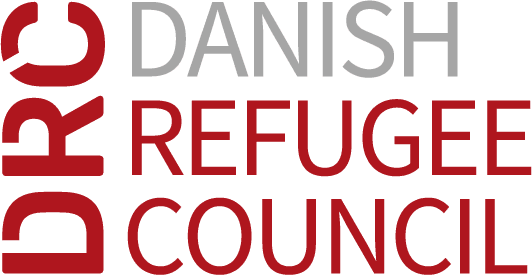

Why Diaspora Communities Are Key to Anticipatory Humanitarian Action
14 April 2025
When disaster strikes—be it floods, droughts, earthquakes, or conflict—humanitarian organizations often rush in with lifesaving assistance. But what if we could act before disaster hits? That’s the goal of anticipatory humanitarian action—and it’s an approach where diaspora organizations are emerging as powerful, under-recognized actors.
What Is Anticipatory Humanitarian Action?
Anticipatory action means taking early, pre-agreed steps based on forecasted risks—before a crisis fully unfolds. It uses tools like early warning systems, climate forecasting, and political analysis to plan ahead and reduce harm. This can mean distributing cash before a drought, stockpiling food in high-risk areas, or preparing shelters ahead of a storm.

Why Diaspora Actors Matter
Diaspora communities are people living outside their country of origin, yet maintaining strong ties—social, financial, and emotional—with home. These communities have long been first responders in times of crisis, sending money, raising awareness, and funding local relief operations.
Diaspora actors have unique strengths that make them vital to anticipatory humanitarian approaches:
- Early access to local intelligence
- Trusted networks in affected communities
- Ability to act quickly and independently
- Long-term engagement beyond the crisis moment

The AHEAD Project: Bringing Diaspora to the Table
DEMAC is proud to be part of AHEAD – Anticipatory Humanitarian Action for Displacement, a global initiative led by the Danish Refugee Council (DRC).
AHEAD aims to strengthen anticipatory action models, particularly by including actors who have traditionally been sidelined—like diaspora organizations. As part of this effort, DEMAC has already mapped diaspora actors in seven countries: Myanmar, Yemen, Ethiopia, South Sudan, Uganda, Niger, and Burkina Faso.
This mapping work shows the scale, diversity, and reach of diaspora involvement—and reinforces the need to include diaspora insights in preparedness planning and anticipatory response frameworks.

From Recognition to Inclusion
If we are to build a humanitarian system that is truly anticipatory, localized, and sustainable, diaspora actors must be fully recognized and engaged. That means creating space for their voices, providing access to anticipatory funding mechanisms, and building partnerships based on mutual respect and shared goals.
The global humanitarian landscape is changing. Climate risks are growing. Conflicts are protracted. Traditional models are under pressure. In this context, the role of diaspora communities has never been more vital.
At DEMAC, we are committed to this vision.




